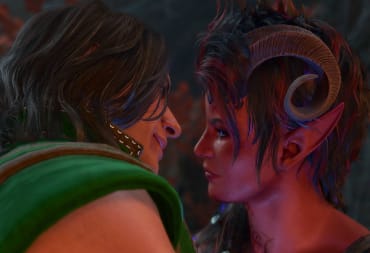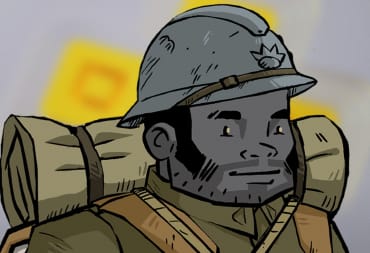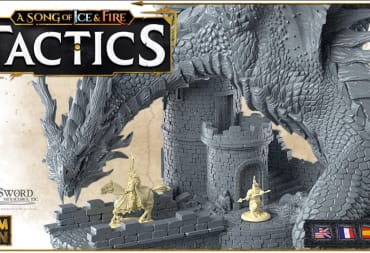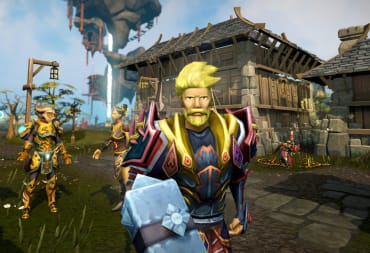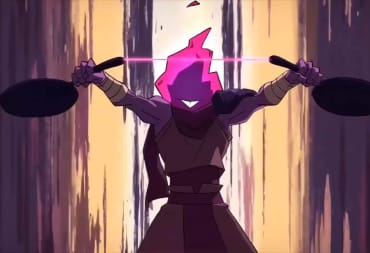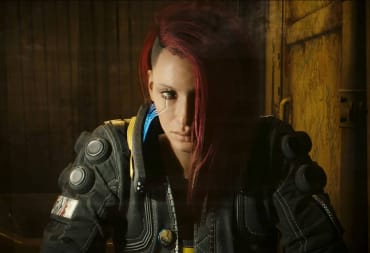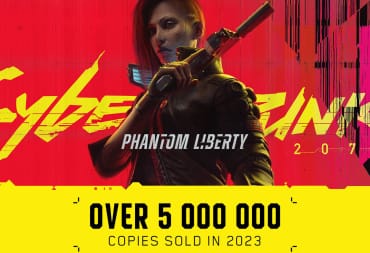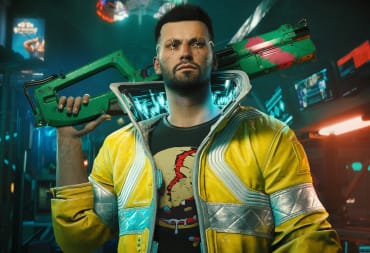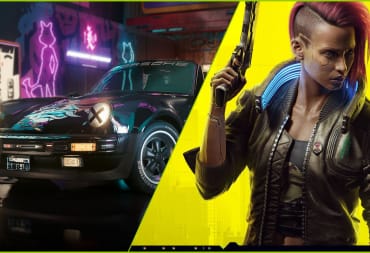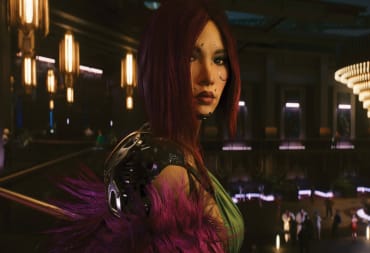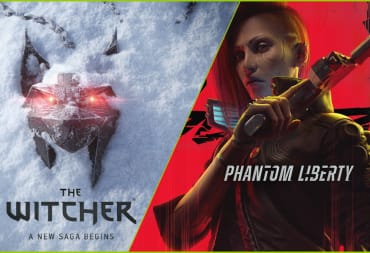It has been a few days since Cyberpunk 2077 has been out to the public, taking players to the dystopian far future of Night City. CD Projekt Red's newest title has drawn a lot of attention in the time leading up to release. There has been praise for its technical achievements, criticism for its inflammatory marketing campaign and woeful management practices, and plenty of complex discourse over the title's many themes, storylines, and characters. It might also have the most uncanny tone I've seen in a major production in years.
This primarily comes down to the source material. Unlike The Witcher, which had tons of material to pull from—an entire fantasy novel series in fact—CDPR's latest game is adapted from the tabletop RPG Cyberpunk 2020. This is notable because tabletop RPGs have no real central plot. At most you have a setting, its history, and a few broad ideas it explores. It is up to the players to fill in the blanks themselves, to make their own stories.

And a lot of its worldbuilding hasn't aged well. The ideas of cyberpunk are deeply tied to themes of unchecked corporate capitalism, transhumanism, and socioeconomic decay. These themes were present everywhere in major films and series of the 1980s from Robocop to Blade Runner.
Cyberpunk 2020, much like any high-profile tabletop game, had a kitchen-sink approach to all of these tropes and cliches, regardless of whether they fit or not; and it shows. Flipping through the pages of the core rules, there's a serious case of reverse engineering going on. It was born from a desire to play with all of the hot-button trends and ideas at the time like megacities, urban decay, desert wastelands, and vigilantes with robot parts.
That's the key phrase: at the time. Mike Pondsmith's RPG came out in 1989, long before the internet, social media, or smart devices existed in the public eye. It was still a world that, for all of its fantastical ideas of cyborgs and melding into cyberspace, still operated in an analog world of cable television and escalating violent crime in the real world. In this version of the future, rebellion was all about not listening to the media and taking the law into your own hands, one street fight at a time.
But that kind of “punk” attitude doesn't fully reflect the real issues affecting us now. We live in a world where rampant misinformation, omnipresent data sharing, and radically splintered social bubbles make indifference and systemic indoctrination more daunting issues. Look no further than the history of the 2016-2020 presidential administration, the rise of the QAnon Conspiracy, or the Black Lives Matter movement for examples. The speculative commentary central to cyberpunk sci-fi has grown to reflect these anxieties in shows like Black Mirror and Mr. Robot, which make Cyberpunk 2020's grab bag of edgy grunge feel quaint.

In this respect, CDPR had a legitimate conundrum with this video-game adaptation. Change too much of the material, and it's just another sci-fi open-world action game with none of the material's kitschy identity. Change too little and the whole thing doesn't fit a modern audience's idea of the future—or even the present. What the studio settled on was a splitting of the difference.
In addition to some sensible changes—moving the year from 2020 to 2077 is a no brainer—retcons and sweeping overhauls happened to Night City's history. All of this was done in an effort to make the game more accessible to a modern audience while still indulging in its retro inspirations.
The result feels like two different storytellers arguing with each other. There are explicitly sexual advertisements peppered throughout the entire city in a Paul Verhoeven style satire about the commodification of gender and sexuality. But there are also nods to inclusivity like being able to make a main character who is transgender or seeing a few trans and gay pride flags sprinkled throughout the world.
It wants to recapture the rebellious, anarchic attitude of its source material, only to crash awkwardly into its limitations.
There are scenes early on that explicitly show that Night City's police are privately owned and controlled by corporations; violent thugs that wear the badge. Practically in the same breath, you are given optional activities where you help the police maintain order; several officers even get humanized in side missions. The entire supporting cast are surprisingly well written with hidden depth that isn't immediately apparent, but they associate with gangs that are drenched in cheesy racial stereotypes.
All of it adds up to an awkward thematic experience. It's the big-budget equivalent of taking the original Robocop, remaking it with modern filmmaking production, marketing it to a modern audience, then awkwardly shoehorning in smartphones and current events without updating the story in any way. It's an effect that can make the entire game feel juvenile or at odds with what it's saying.

While these compromises of adaptation give Cyberpunk 2077 its own visual identity among its peers, it leads to an experience that feels primed to disappoint the genre's more discerning fans. It wants to recapture the rebellious, anarchic attitude of its source material, only to crash awkwardly into its limitations.
There are efforts to say something topical, but it's drowned out by the audiovisual assault of its own outdated baggage. Every time there are sparks of inspired character observation or insightful commentary, it is buried under the piles of broad caricature around it. For a game that is meant to be a cautionary tale about the future, it keeps holding onto its past.
Have a tip, or want to point out something we missed? Leave a Comment or e-mail us at tips@techraptor.net


